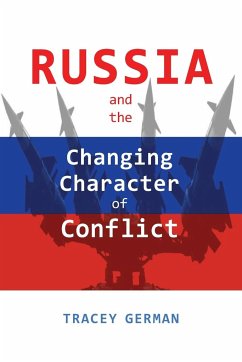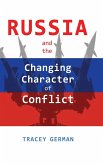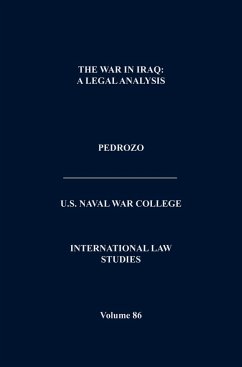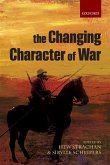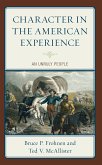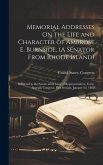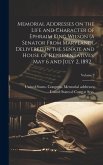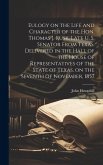Russia's actions in and around Ukraine in 2014, as well as its activities in Syria and further afield, sparked renewed debate about the character of war and armed conflict, and whether it was undergoing a fundamental shift. One of the enduring features of conflict over the centuries has been its state of flux. This perpetual state of evolution requires states to regularly monitor how military force is being wielded, either by allies or adversaries, in order to be able to plan and prepare for future war. This book explores Russian views of the changing character of conflict and the debates that have emerged about how future wars might evolve. Since 2014 there has been wide-ranging discussion about Russia's "new way of war", with labels such as hybrid warfare, grey-zone operations and the Gerasimov doctrine dominating Western analyses. However, there has been scant analysis of Russian perspectives on the changing character of conflict and what future wars may look like: Western attempts to understand how and why Russia uses force have tended to rely upon mirror-imaging and an expectation of similar strategic behaviors. There is a paucity of literature examining Russian views of conflict and war, particularly literature based on Russian-language sources. Using a range of Russian sources, this book helps us develop a greater understanding of Russian military thought, the range of perspectives a peer competitor holds and the particular analytical processes that take place, rather than mirror-imaging. It sets out the trends and debates in Russian military thought, tracing the evolution of this thinking in open-source material, particularly military journals, formal policy documents and speeches, and outlines the implications of Russian conclusions regarding the characteristics of contemporary and future conflict. The experiences of individual states foster different visions of future conflict and how states envisage military force being used, either by themselves or potential adversaries. It is vital to understand the process of observation and assessment that other states are engaged in. Russia and the Changing Character of Conflict is a valuable resource for academic researchers, students, and general readers interested in Russia; conflict and security; international and strategic studies; and political science. *This book is in the Rapid Communications in Conflict and Security (RCCS) Series (General Editor: Thomas G. Mahnken; Founding Editor: Geoffrey R.H. Burn).
Hinweis: Dieser Artikel kann nur an eine deutsche Lieferadresse ausgeliefert werden.
Hinweis: Dieser Artikel kann nur an eine deutsche Lieferadresse ausgeliefert werden.

